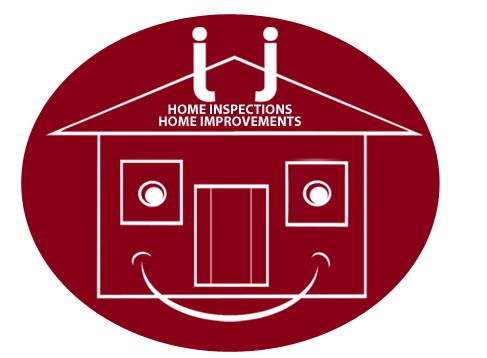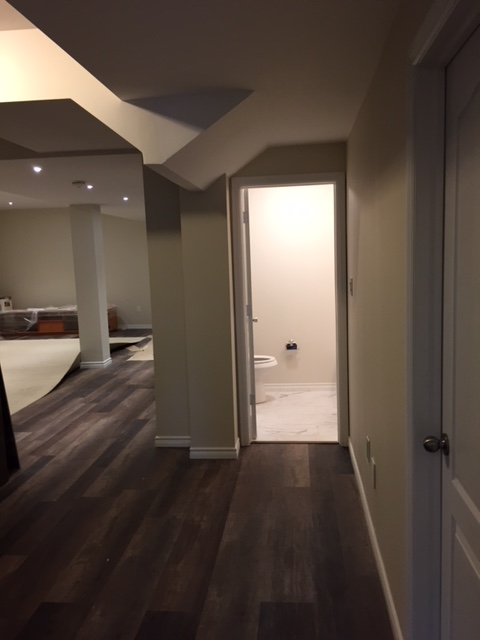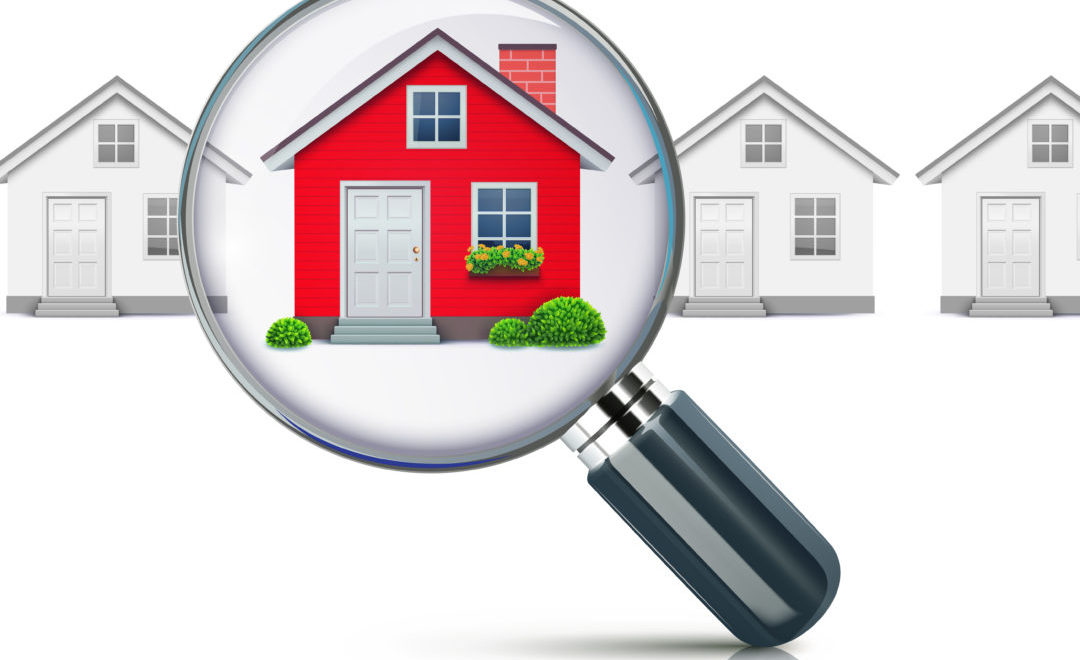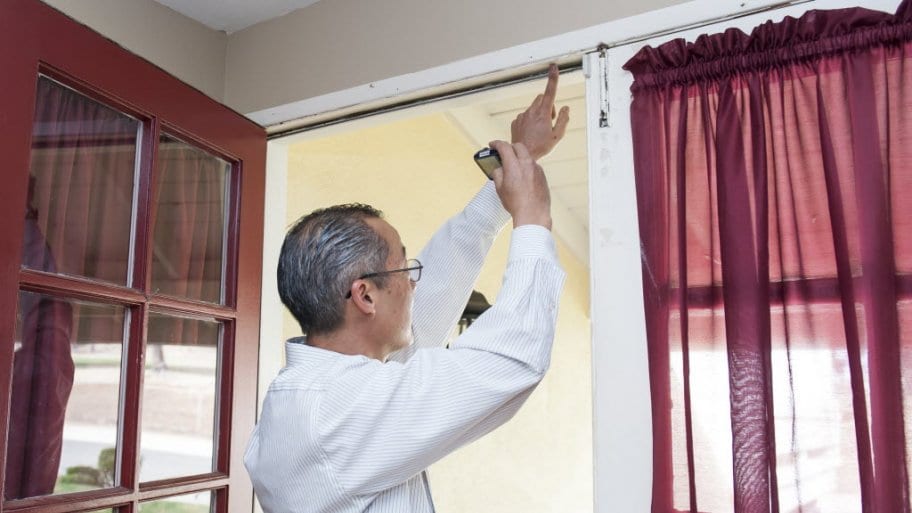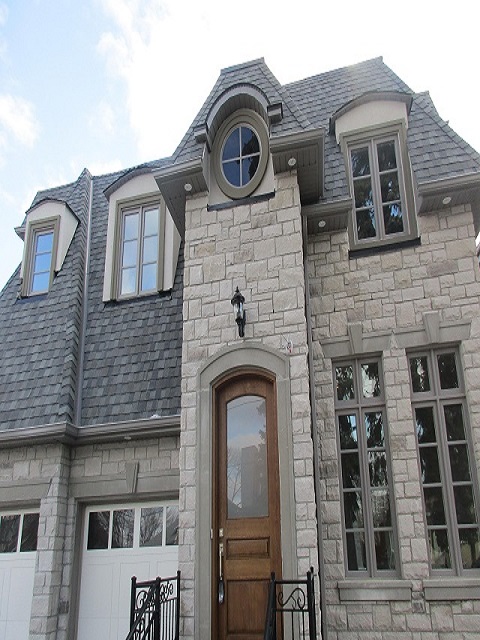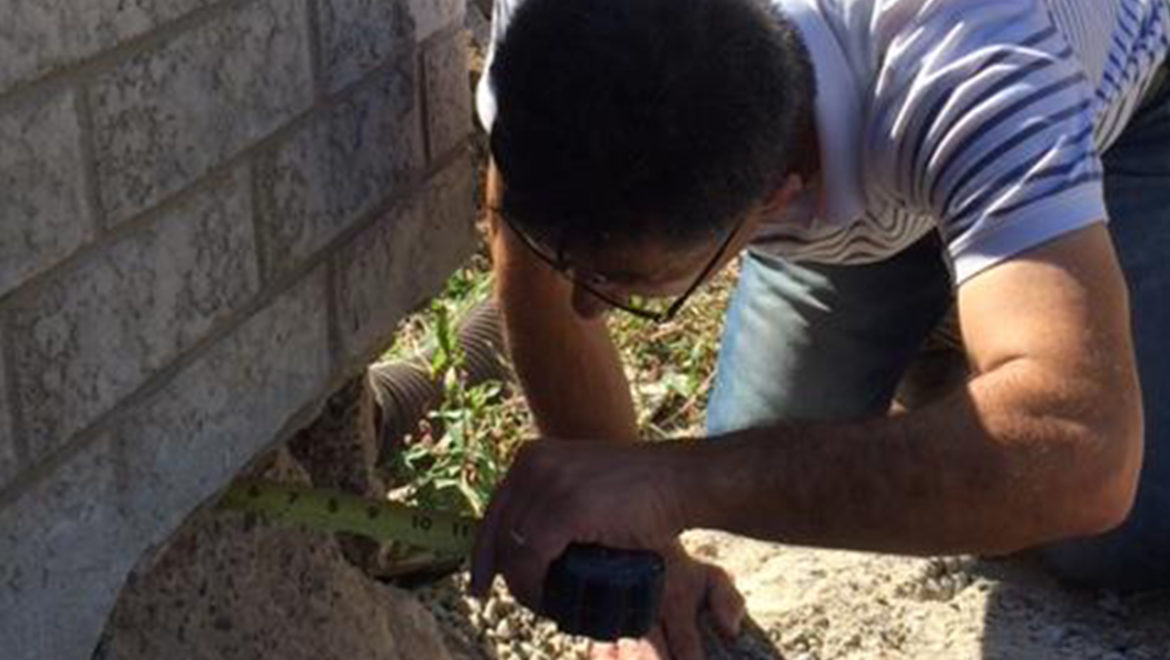What Are the Red Flags Uncovered by House Inspection Experts?
House inspections are crucial when purchasing a property, helping identify potential issues that might be hidden from plain sight. Professional inspectors uncover various red flags that could indicate significant problems within a house. Understanding these red flags is essential for informed decision-making. Let’s explore the most common red flags uncovered by house inspection experts.
Structural Integrity Concerns
Signs of Foundation and Structural Problems
Foundation Cracks: Inspectors pay close attention to cracks in the foundation. Horizontal cracks may indicate structural stress, while vertical cracks might result from settling. Wide or jagged cracks raise significant concerns about the stability of the foundation.
Uneven Floors: Floors that slope or feel uneven might signal structural issues. This could be due to foundation settlement, inadequate support, or structural movement. These issues can impact the entire house’s stability.
Visible Water Damage: Water stains or mold growth in the basement or crawl spaces indicate water intrusion. This might be due to poor drainage, leaks, or plumbing issues, potentially leading to structural damage over time.
Electrical and Plumbing Problems
Identifying Safety Hazards
Faulty Wiring: Inspectors check for outdated or faulty electrical systems. Issues like exposed wiring, overloaded circuits, or outdated panels pose fire hazards and may require immediate attention to ensure safety.
Plumbing Leaks: Signs of water stains, dampness, or musty odors around plumbing fixtures indicate potential leaks. Leaking pipes or fixtures can lead to water damage, mold growth, and structural issues if left unaddressed.
Inadequate Drainage: Poor drainage around the property can cause water accumulation, leading to foundation damage or basement flooding. Inspectors look for signs like standing water, soggy soil, or improper grading.
Roofing and Exterior Concerns
Assessing Protection and Durability
Roofing Issues: Damaged or missing shingles, sagging areas, or signs of wear and tear on the roof signal potential problems. Inspectors assess the condition of the roof to identify issues that might lead to leaks or structural damage.
Exterior Damage: Cracked or deteriorating siding, damaged stucco, or peeling paint indicate exterior issues. These issues not only affect the aesthetics but can also lead to moisture intrusion and structural damage.
Pest Infestation: Signs of pest activity, such as termite tunnels, rodent droppings, or wood damage, require immediate attention. Infestations can compromise the structural integrity of the house if left unchecked.
Safety Hazards and Health Concerns
Addressing Immediate Risks
Mold and Mildew: Inspectors look for signs of mold or mildew growth, which pose health risks and indicate moisture issues. Moldy odors, visible mold growth, or discoloration on walls and ceilings are red flags.
Safety Hazards: Inspectors check for safety hazards like loose handrails, unstable staircases, or inadequate fire exits. These issues jeopardize the safety of occupants and need immediate rectification.
Hazardous Materials: Presence of asbestos, lead-based paint, or other hazardous materials poses health risks. Inspectors identify these materials and recommend appropriate steps for safe removal or remediation.
Conclusion
By being aware of these common red flags identified during house inspections, prospective homeowners can make informed decisions about the property’s purchase. A professional house inspection expert provides valuable insights into a property’s condition, allowing for necessary repairs or negotiations before sealing the deal.
